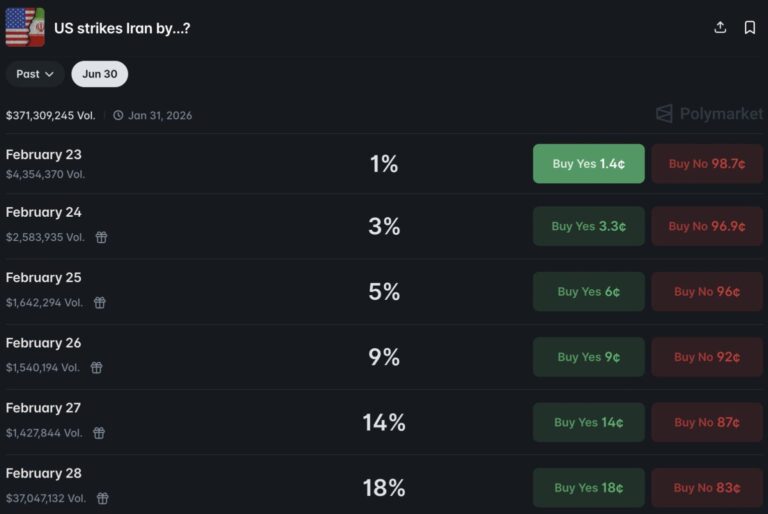
Thousands more carers are claiming financial support from the Department for Work and Pensions (DWP) year-on-year.
New figures show that, as of August 2024, 1.4 million carers were claiming the Carer’s Allowance benefit. This represents a 5% increase – an additional 62,000 carers – compared to the previous year.
It’s estimated that 10 million “unpaid” carers are living in the UK overall, possibly because they are unaware they can claim support.
What is Carer’s Allowance?
Carer’s Allowance is the main benefit paid by the DWP to eligible people who are caring for or helping to look after a loved one, friend or relative. Money is transferred directly into individuals’ bank accounts, totalling up to £4,258 annually. Payments can be received weekly or monthly, with the weekly rate set at £81.90.
People caring for more than one person can only claim Carer’s Allowance once.
Who is eligible for Carer’s Allowance?
To be eligible for Carer’s Allowance in England, Scotland and Wales, people must meet a number of requirements – one of which has changed following announcements made during the Government’s budget.
People must be:
- Providing care for more than 35 hours per week
- Earning less than £181 a week. Prior to the budget, the upper earnings limit was £151 a week
- Caring for someone who is in receipt of qualifying benefits (such as Attendance Allowance, the daily living component of Personal Independence, or the care component of the Disability Living Allowance).
You don’t have to live with the person you care for to be eligible for Carer’s Allowance.
Suzanne Bourne, head of carer support at Mobilise, the UK’s largest community of unpaid carers, pointed out that it is “especially important” to be aware of exactly how much you earn per week.
She said: “This earnings ‘threshold’ is where the recent issues have come from. Currently, it’s up to the individual to check they are not exceeding this limit to avoid having to repay any overpayments. Although there are plans to automatically alert people at risk of falling into this trap, this is not yet the case.”
That means if you earn £181 (or even a penny over) during a single week, you must let the DWP know straight away.
How to check if you’re eligible
If you’re unsure whether you meet the criteria for Carer’s Allowance, you can check if you’re eligible using Mobilise’s free claim checker tool. It takes less than three minutes to complete.
How to apply for Carer’s Allowance
Those who may be eligible for Carer’s Allowance can apply via the Government’s website.
However, it should be noted that receiving Carers’ Allowance may affect any other benefits the claimant receives or the benefits of the person you look after.
Ms Bourne added: “It’s important to be aware and ask for advice if you are concerned. It is always worth checking these details before you apply for Carer’s Allowance or speaking to Citizens Advice to get some additional guidance.”
What additional support is available?
There are a number of other forms of financial support on offer for those who look after loved ones.
Ms Bourne said: Some of these benefits can be claimed instead of Carer’s Allowance, for those not eligible, and some can be claimed in addition.”
These benefits include:
- Carer’s Credit: Anyone who provides 20 hours of unpaid care a week is eligible for this National Insurance credit, which helps individuals qualify for state pensions later on. Check whether you’re eligible using this credit checker tool
- Carer’s Element: If you’re on a low income and receiving Universal Credit, you may be entitled to an additional £185.86 a month. The Universal Credit team can advise you on this
- Carer’s Assessment (or Carer’s Support Plan for those in Scotland): By requesting a Carer’s Assessment from your local council, you can find out if you’re eligible for any additional, one-off, direct payments to help you manage the impact of caregiving. Find out more here
- Pension Credit: The Carer Addition (or ‘Carer Premium’) – If you’re aged 65 or over and on a low income, you may also be entitled to credit which is separate from your State Pension to help with living costs. Find out more via the government’s website
- Grants from local councils: Grants to help with caring costs can also be made by councils. Check what support is available to you using this grant search tool
- Council tax discounts: If you’re on a low income and claiming a benefit, you may be eligible for reduced council tax. Apply via the government’s website
- Heating benefits: It’s also worth checking if you’re eligible for the Warm Home Discount, Winter Fuel Payment, or the Cold Weather Payment. Find out more here
- Discounts: There are a number of discounts available exclusively to people who look after loved ones, including discounted train tickets, days out (see a list of attractions that apply here), and even free cinema tickets (with a CEA card)



















